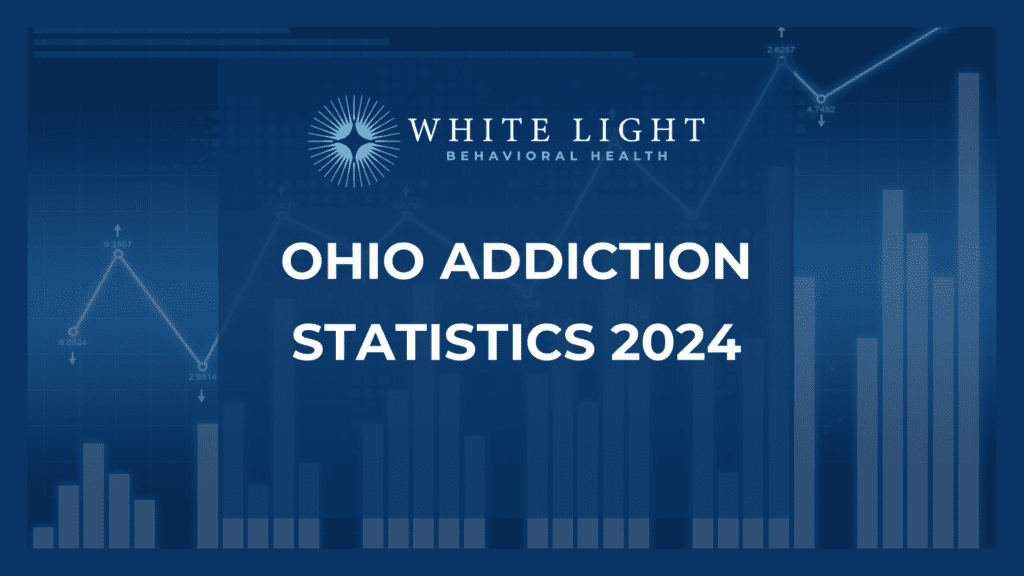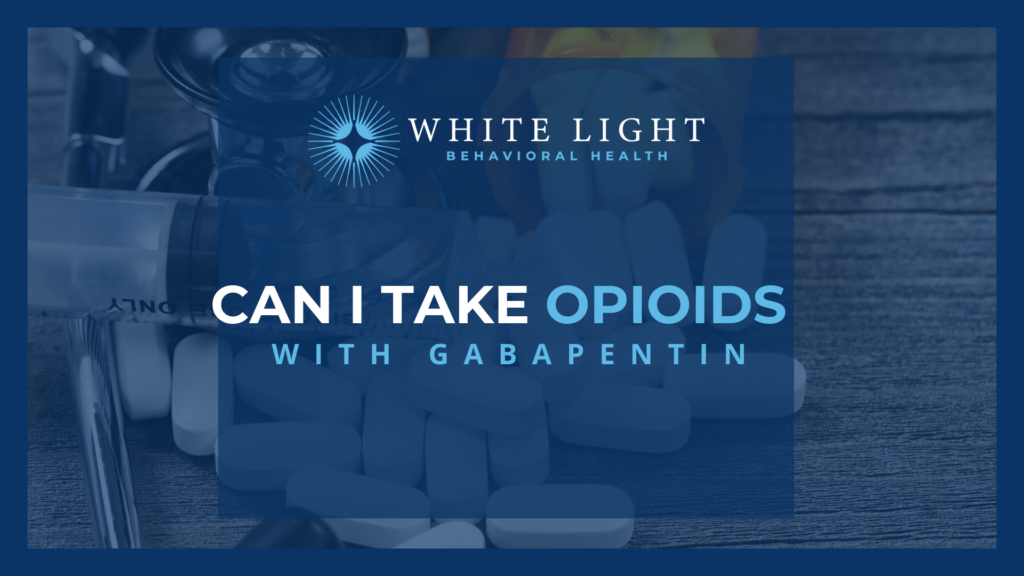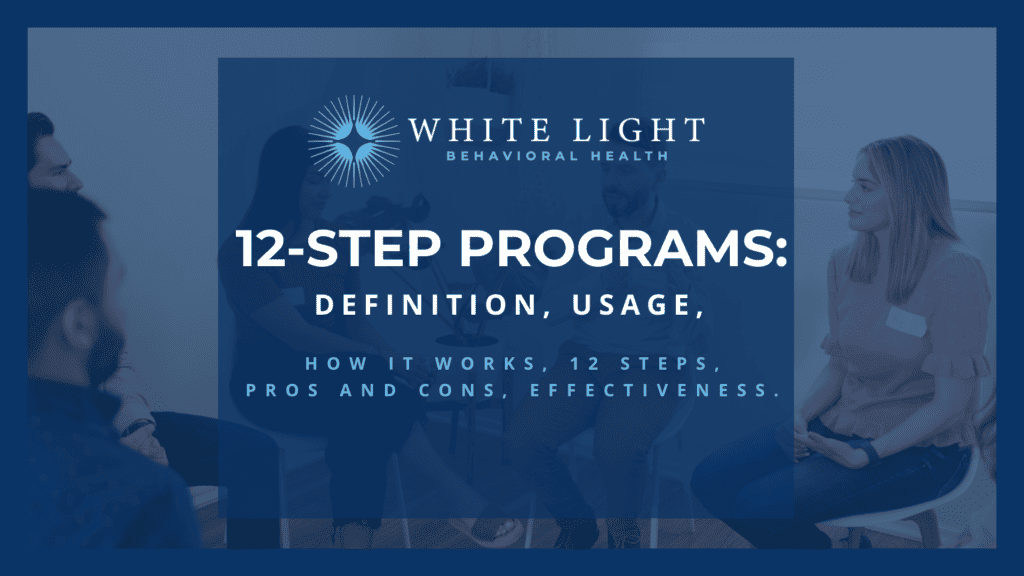Understanding Drug Withdrawal
Drug withdrawal can be an excruciating process for someone to experience, and it’s important to understand why this is the case. Drug use affects the brain in a variety of ways. Drugs, both illegal and prescribed, create changes in the way neurons communicate with each other and interact within our brains.
These chemical reactions affect many areas, including emotion regulation, decision-making, moods, pain reception, and memory. Over time, these reactions become dependent on drug use, creating physical addiction and psychological cravings.
As a result, when an individual tries to quit or stop taking the drugs they’ve become dependent on, their body will experience withdrawal symptoms such as intense cravings and even physical pain as it works to balance itself again.
Symptoms of Withdrawal
The intensity of withdrawal symptoms depends on multiple factors, including what type of drug was taken, how long they were used, dosage amounts, and frequency of use. However, the withdrawal from opioid drugs is considered among the most painful processes due to its extreme impact on an individual’s physiology and mind chemistry.
The primary symptom that makes opioid withdrawal so agonizing is “protracted withdrawal,” where the individual feels intense flu-like symptoms such as fatigue, nausea, and muscle aches coupled with intense cravings for days or weeks after quitting drugs completely.
The individual may also have bouts of depression, insomnia, irritability, or mood swings from physical dependence on drugs and imbalances in their brain’s chemical systems caused by prolonged substance abuse.
No matter what drug is used, if enough physical dependence is created over time, it is likely that going through withdrawal will be uncomfortable at best or outright unbearable at worst.
It’s best to discuss any plans of reducing or stopping substance abuse with your doctor, who can help manage uncomfortable symptoms safely until you reach sobriety or better understand your personal needs regarding recovery services like residential rehab programs.
With proper care withdrawing from drugs can become much more manageable, allowing individuals to heal while providing comfort throughout this challenging transition.
Understanding Withdrawal pain
Withdrawal from drug use can cause various uncomfortable physical and psychological symptoms, such as body aches, nausea, anxiety, and depression. People who have recently stopped using drugs may experience withdrawal pain in different parts of the body. It is important to understand these pains to manage them safely.
The severity of withdrawal symptoms and the type of pain experienced will depend on the drug used, how long it has been used, the dosage consumed, and an individual’s unique physiology. Commonly reported aches and pains associated with drug withdrawal include:
- Muscle Tension: Many people report feeling general muscle tightness or tension during withdrawal, usually in the shoulders and back.
- Joint Pain: Drug use can lead to increased inflammation in the joints and cause swelling that can cause achy joints or muscles near them.
- Headaches: Headaches are a common withdrawal symptom due to dehydration caused by a lack of fluids or electrolytes.
- Abdominal Cramping: Withdrawing from certain drugs like alcohol or opioids may cause intense stomach cramps due to electrolyte imbalances.
- Restless Legs Syndrome: This disorder is characterized by an overwhelming urge to move the legs while resting, which causes significant discomfort during withdrawal.
How To Cope With Withdrawal Pain
Withdrawing from any addiction is never easy, but there are some things you can do to minimize your discomfort. Below are some tips on how to reduce the severity of withdrawal aches and pains:
- Get Plenty of Rest: Getting plenty of rest during withdrawal is important to help your body recover. Aim for 8 hours or more each night and frequent naps throughout the day if possible.
- Eat Well-Balanced Meals: A balanced diet with lots of fresh fruits and vegetables, proteins, and complex carbohydrates can provide vital energy for recovery and keep cravings at bay. Avoid sugary snacks or processed foods that may trigger urges for the substance being withdrawn from.
- Drink Plenty of Water: Staying hydrated is key when dealing with aches and pains associated with withdrawal. Not only will it keep your body functioning optimally, but it can also help flush out toxins that build up over time due to substance use.
- Exercise Regularly: Even though it might seem like the last thing you want to do when feeling uncomfortable, regular exercise helps promote overall well-being while providing an effective outlet for stress and tension. Even a light daily walk can help improve mood and make the process more manageable.
- Take Hot Baths: Soaking in hot baths with Epsom salt or essential oils can soothe sore muscles and relieve stress caused by withdrawing from substances. Doing this a few times a week can help manage pain levels during this challenging time.
- Ask For Help When Needed: Don’t be afraid to ask for support if needed! Talk therapy, online support groups, meditation, and yoga classes – all these things may be helpful during your withdrawal journey. Everyone’s experience is different, so find what works best for you! Understanding aches and pains during drug withdrawal makes it easier for individuals in recovery to effectively manage their symptoms with greater confidence, enabling them to stay focused on reaching their long-term sobriety goals despite experiencing difficult moments.
Start Your Recovery Journey at White Light Behavioral Health
At White Light Behavioral Health, we are dedicated to helping you in your journey toward recovery. Our trained staff of professionals is available to assist you every step of the way. We offer various mental health services tailored to meet your individual needs.
From cognitive-behavioral therapy and stress management to medication management and nutrition counseling, our team works closely with you to find solutions that best fit your lifestyle and situation.
In addition, we have access to community resources such as support groups and 12-step programs, all designed to aid in your overall recovery process. We aim to help you achieve the highest health and wellness possible to live a life full of joy and happiness. Together, we will work hard toward improved mental health, creating the space for long-lasting physical and emotional healing success.
How does drug withdrawal affect the brain?
Drug withdrawal triggers significant changes in the brain’s chemistry and function. When someone abruptly stops using a substance they’ve become dependent on, the brain struggles to adapt to the sudden absence of the drug. This often leads to a range of uncomfortable physical and psychological symptoms as the brain works to restore balance.
Can drug withdrawal cause physical pain?
Yes, drug withdrawal can cause various physical symptoms, including pain. This pain can manifest in different forms depending on the drug and the individual, ranging from muscle aches and joint pain to headaches and abdominal cramps. These physical symptoms are often a result of the body’s adjustment to the absence of the substance it has become dependent on.
What role does tolerance play in drug withdrawal?
Tolerance refers to the body’s reduced response to a drug over time, leading to the need for higher doses to achieve the desired effect. When someone develops tolerance to a substance and then abruptly stops using it, the body reacts strongly, resulting in withdrawal symptoms. This phenomenon is a key factor contributing to the intensity of withdrawal experiences.
What Causes Withdrawal Headaches?
Withdrawal headaches are a common symptom experienced when discontinuing certain substances. These headaches can result from changes in blood flow and neurotransmitter levels in the brain during withdrawal. Withdrawal headaches factors such as dehydration, stress, and tension can also contribute to the intensity of withdrawal headaches.
How long does drug withdrawal last?
The duration of drug withdrawal varies depending on several factors, including the type of drug, the individual’s physiology, and the extent of their dependence. Withdrawal symptoms typically peak within the first few days and gradually subside for several weeks. However, for some substances, such as opioids or benzodiazepines, withdrawal symptoms can persist for months.
What is the connection between drug withdrawal and mental health?
Drug withdrawal often exacerbates pre-existing mental health conditions and can even induce new ones. The sudden alteration in brain chemistry during withdrawal can lead to symptoms such as anxiety, depression, irritability, and mood swings. Additionally, the psychological distress of coping with withdrawal symptoms can further impact mental well-being.
How can medical professionals help manage drug withdrawal symptoms?
Medical professionals employ various strategies to help individuals manage drug withdrawal symptoms safely and effectively. These may include tapering off the drug gradually, administering medications to alleviate specific symptoms, providing psychological support and counseling, and offering resources for ongoing addiction treatment and support.
How does drug withdrawal impact sleep patterns?
Drug withdrawal frequently disrupts sleep patterns, leading to insomnia, restless sleep, or vivid nightmares. The brain’s attempt to readjust its neurotransmitter levels and restore normal functioning can interfere with the sleep-wake cycle, resulting in sleep disturbances that contribute to overall discomfort during withdrawal.
What are some common misconceptions about drug withdrawal?
One common misconception about drug withdrawal is that it only involves physical symptoms. In reality, withdrawal often encompasses a combination of physical, psychological, and emotional symptoms. Additionally, there’s a misconception that withdrawal can be easily overcome without professional help, when in fact, medical supervision and support are often necessary for a safe and successful recovery.
The Interplay Between Drug Withdrawal and Anxiety
Exploring the relationship between drug withdrawal and anxiety sheds light on the complex interplay between substance use, mental health, and the body’s response to withdrawal. Understanding this connection is crucial for addressing both withdrawal symptoms and underlying anxiety disorders.

Share This Post



